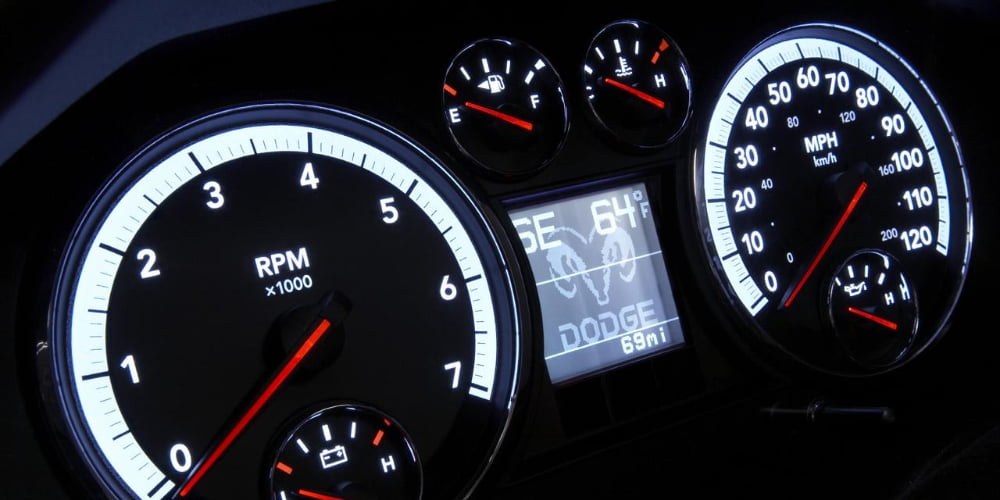How to Decipher 2000 Dodge Durango Check Engine Light Codes?

If you have a 2000 Dodge Durango check engine light comes on, it is important to have it diagnosed as soon as possible. The check engine light can mean many different things and some of them are not serious at all, but others could be potentially dangerous or even deadly if ignored.
2000 Dodge Durango Check check engine light codes should be deciphered by referring to the list of codes. A 2000 Dodge Durango Check Engine Light Code P0491 is an example of a 2000 Dodge Durango Engine Diagnostic Trouble Code (DTC) that includes “P04” as the second hexadecimal character. The letter “D,” which stands for “defect category,” identifies code P0491. The DTC P0491 is a generic code that can mean several different things.

What Do 2000 Dodge Durango Check Engine Light Codes Do?
The purpose of the 2000 Dodge Durango check engine light is to alert you to a problem with your vehicle. The box under the hood that houses the computer is called an On-Board Diagnostic System (OBD-II). This system monitors various sensors in your vehicle, such as temperature, oil pressure and oxygen levels. The On-Board Diagnostic System (OBD-II) uses a series of codes to communicate information about possible malfunctions in your vehicle’s emissions control system.
These codes are commonly referred to as 2000 Dodge Durango check engine lights, because they’re usually indicated by a light on the dashboard that illuminates when there is an issue with your car’s emissions. And provides real-time information about your vehicle’s status. This helps mechanics diagnose problems more quickly and accurately.

What Are The 2000 Dodge Durango Check Engine Light Codes Meaning?
There are a total of 17 different codes related to the Durango‘s emissions system. Here are some common ones:
- P0300: This is the most common check engine light code that you’ll see on your Durango. It indicates that there is a problem with your car’s engine control module.
- P0420: This code means that one or more of your Durango’s oxygen sensors are not working properly, which could cause poor fuel economy and performance issues.
- P0442: This is another common error code related to the Durango’s emissions system.
- P0443: This code indicates that there is a problem with the catalytic converter. The converter helps clean up emissions by converting carbon monoxide to carbon dioxide and water vapor. If it’s not working properly, you’ll have trouble getting your car to pass its emissions test.
- P0430: This error code means that there is a problem with the fuel system’s air injection pump (s).
- P0431: This error indicates that there is a problem with the fuel system’s pressure sensor.
- P0432: This issue could be caused by a faulty fuel pump or a bad control module.
- P0434: This error code indicates a problem with the fuel injection pressure regulator valve.



